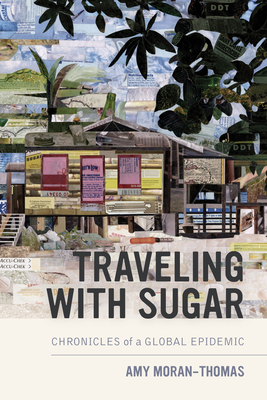Expedite your nonfiction book discovery process with Readara interviews, summaries and recommendations, Broaden your knowledge and gain insights from leading experts and scholars
In-depth, hour-long interviews with notable nonfiction authors, Gain new perspectives and ideas from the writer’s expertise and research, Valuable resource for readers and researchers
Optimize your book discovery process, Four-to eight-page summaries prepared by subject matter experts, Quickly review the book’s central messages and range of content
Books are handpicked covering a wide range of important categories and topics, Selected authors are subject experts, field professionals, or distinguished academics
Our editorial team includes books offering insights, unique views and researched-narratives in categories, Trade shows and book fairs, Book signings and in person author talks,Webinars and online events
Connect with editors and designers,Discover PR & marketing services providers, Source printers and related service providers

Traveling with Sugar: Chronicles of a Global Epidemic
Social Science > Anthropology - Cultural & Social
- University of California Press
- Paperback
- 9780520297548
- 8.8 X 6 X 1.2 inches
- 1.1 pounds
- Social Science > Anthropology - Cultural & Social
- (Single Author) Asian American
- English
Readara.com
Book Description
Author Bio
Amy Moran-Thomas is Associate Professor of Anthropology at MIT, interested in the human and material entanglements that shape health in practice. She received her PhD in Anthropology from Princeton University in 2012, and held postdoctoral fellowships at Princeton and Brown before coming to MIT.
Her writing often focuses on the social lives of medical objects. She also works on the cultural anthropology of intergenerational health, planetary change, and chronic conditions; as well as questions of equitable device design, technology and kinship, and the afterlives of "carbohydrates and hydrocarbons" across scales. ?Professor Moran-Thomas has conducted ethnographic and historical research in Belize, Guatemala, Ghana, Brazil and the U.S, supported by the Mellon-American Council of Learned Societies (ACLS), the Wenner-Gren Foundation, the Rachel Carson Center for Environment and Society, the West African Research Association, and the American Philosophical Society.
Her first book, Traveling with Sugar: Chronicles of a Global Epidemic (2019), examines the global rise of diabetes as part of the ongoing legacies of sweetness and power -- including how unequal access to insulin varieties, oxygen chambers, glucose meters, dialysis devices, farming machines, coral reef care, and prosthetic limb technologies can become part of how plantation histories live on in the present, impacting lives and landscapes across generations.
Source: Massachusetts Institute of Technology
Videos






Community reviews
No Community reviews

